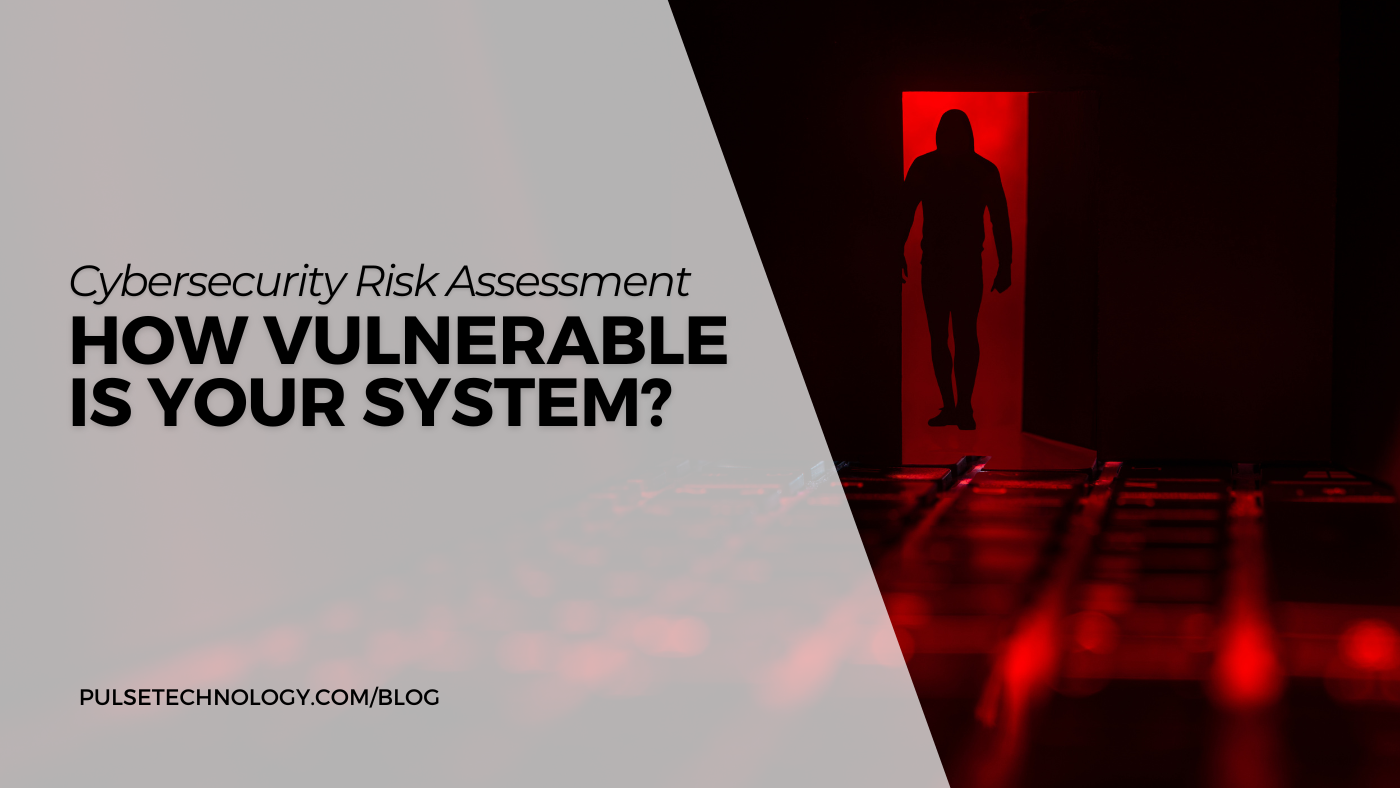Stay Ahead of Hackers: The Power of Penetration Testing
Anyone who has ever had their website or social media account hacked, or knows someone who has, may have wondered what it must be like to be a hacker. What makes them tick? What do they look for in an attempt to penetrate a network? How do they exploit the vulnerabilities in a company’s network?
It stands to reason that, if you want to stay ahead of what the hackers will do, it’s beneficial to be able to think like a hacker – or, at the very least, partner with a cyber expert who understands the mindset of hackers and knows how to outsmart them.
The right cybersecurity expert will know the steps that hackers take once they achieve a foothold in a company’s network – and can devise a strategy that to anticipate and mitigate a potential attack.
It starts, though, with a thorough testing of a network’s vulnerabilities and weak spots, or in other words, penetration testing of the network.
Guard Street Cybersecurity says that penetration, or assessing vulnerabilities, goes beyond the typical assessments which scan the network for potential operating system, application, and services weaknesses.
Penetration testing is an ever-increasing important tool for the business owner to have in the toolbox. Think of it as a simulated hacking attempt. The right cybersecurity partner will search for and find the weak spots in the operating system and show where the weaknesses are by literally hacking into the system. The difference here is that when a trusted cybersecurity partner performs this exercise and gains network access, no harm comes to you or your company – very different than what might happen if an actual hacker does so.
With penetration testing, the cyber partner will show you where the weaknesses are so that you can adjust your cyber strategy as needed.
Most of us know some of the means that cyber criminals use to gain access to a system, including phishing emails, links which contain malware, and weak passwords that are easily accessed. But penetration testing goes down many more levels into the system to find weaknesses.
The importance of the penetration testing is illustrated in a comment from Security Metrics:
“Most environments are designed, built, and maintained by employees that have little to no professional experience in security. A penetration test is performed by a security expert trained to identify and document issues that are present in an environment. The resulting report can give you the opportunity to remediate the issues before they have been exploited by a real attacker.”
What are some of the specifics about how penetration tests work?
InfoSec reports that the examination of critical weaknesses through a penetration test in a simulated hack search for vulnerabilities including backdoors in the operating system, unintentional flaws in the ways that software codes are designed, improper configurations of software, or use of a software application in a way it wasn’t intended to be used, among others.
Penetration tests are comprehensive, targeted toward servers, network endpoints, wireless networks, network security devices, mobile and wireless devices, software applications and codes. It is a deep dive into an organization’s infrastructure.
It should not be seen as a “one and done” practice for a business. Hackers are constantly seeking new ways to penetrate infrastructures, and it stands to reason that penetration testing should be an ongoing part of a company’s cyber security strategy.
There are differing views on how often you should engage a cybersecurity expert to perform penetration testing on your system. Most agree that, at the very least, a thorough penetration test of your infrastructure should be performed annually. Others recommend more frequent testing, on a quarterly basis or whenever there is some major change or upgrade to your system.
Unfortunately, hackers never take vacations, so it is very important to do everything you can to protect your business or organization from being hacked. If you have questions about penetration testing or how to secure your network in general, please contact us here or give us a call at (888) 357-4277. We’re here to help!




